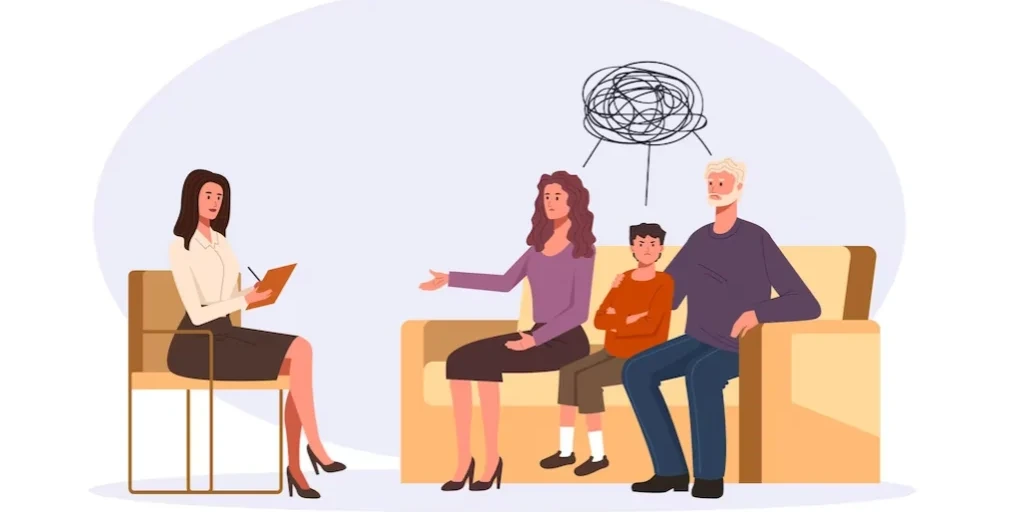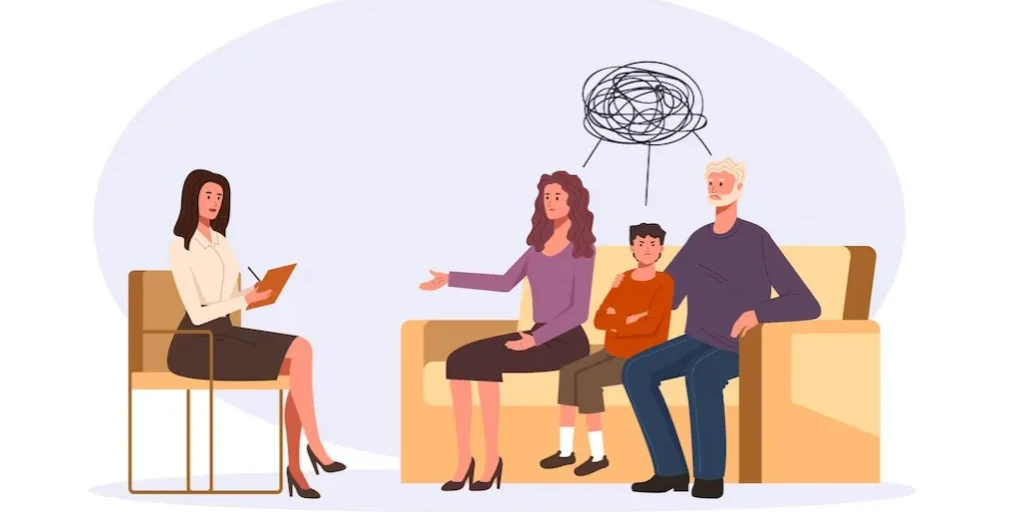24/7 Helpline:
(866) 899-221924/7 Helpline:
(866) 899-2219
Learn more about Aftercare Support centers in North Branch
Aftercare Support in Other Cities

Other Insurance Options

Optum

UnitedHealth Group

Excellus

Group Health Incorporated

Humana

Meritain

WellCare Health Plans

Kaiser Permanente

GEHA

Health Partners

Molina Healthcare

Health Net

Ambetter

Medical Mutual of Ohio

Covered California

Evernorth

MHNNet Behavioral Health

BlueShield

WellPoint

State Farm








Lapeer County – Touchstone
Lapeer County Community Mental Health and CMHSP is a public rehab located in Lapeer, MI. Lapeer Coun...

Alcohol Information and Counseling Center
Alcohol Information and Counseling Center is a public organization located in Lapeer, Michigan. Alco...

List Psychological Services
List Psychological Services is a private group practice specializing in behavioral health care; incl...




















































































Concepts in Counseling
Concepts in Counseling is a private rehab located in Lapeer, Michigan. Concepts in Counseling specia...

Alcoholics For Christ – Full Potential Ministry
Alcoholics For Christ - Full Potential Ministry is located in Imlay City, Michigan. Alcoholics For C...

Alcoholics For Christ – Faith Christian Church
Alcoholics For Christ - Faith Christian Church is located in Lapeer, Michigan. Alcoholics For Christ...


































































